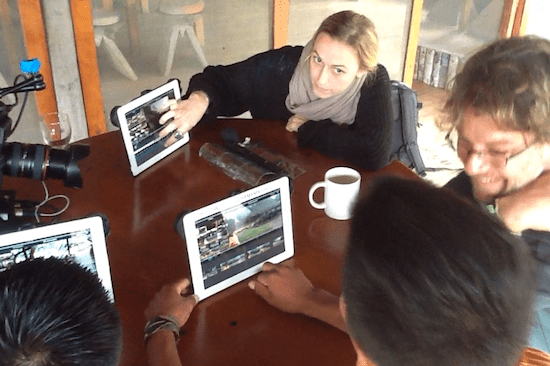Aug 22
20210
Humanitarian Agencies, Imperialist Wars/Occupations, Whiteness & Aversive Racism
ALBA Bolivia Nicaragua Non-profit Industrial Complex Venezuela White Savior Industrial Complex
WATCH: White Saviors and Latin America: Profiting from Humanitarianism
August 22, 2021
“ANTICONQUISTA will discuss the recent news coming out of Latin America. There are few if any media sites that provide an overview of what’s happening in Latin America especially for those of us in the diaspora. The omission and separation of our people from what is happening in the homelands is intentional. It alienates us from our people and from knowing the abuses and exploitation going on day to day. Our new program seeks to provide a roundup of news in Latin America to make those connections between our people. Continue to support ANTICONQUISTA and the work we do on Patreon and our website where we post articles. All of our money raised goes to funding anti-imperialist movements in or allied with Latin America. https://www.patreon.com/anticonquista https://anticonquista.com/“.















